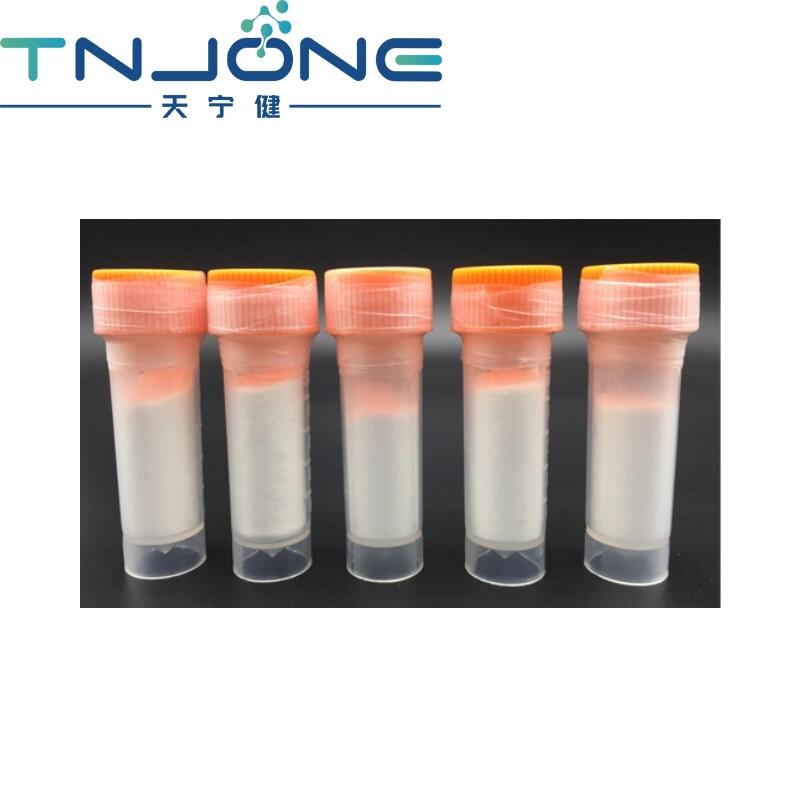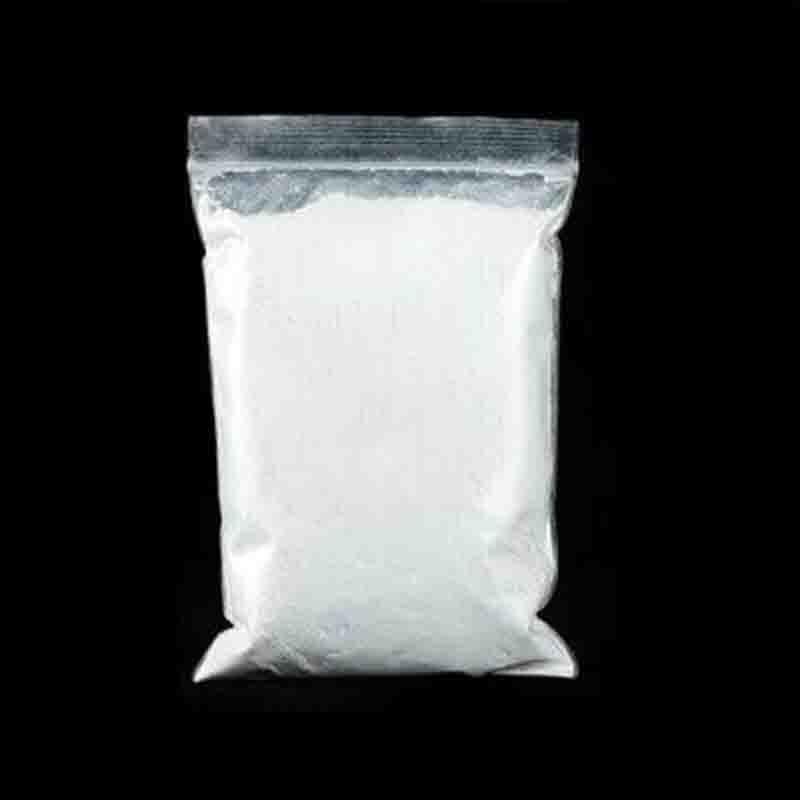-
Categories
-
Pharmaceutical Intermediates
-
Active Pharmaceutical Ingredients
-
Food Additives
- Industrial Coatings
- Agrochemicals
- Dyes and Pigments
- Surfactant
- Flavors and Fragrances
- Chemical Reagents
- Catalyst and Auxiliary
- Natural Products
- Inorganic Chemistry
-
Organic Chemistry
-
Biochemical Engineering
- Analytical Chemistry
-
Cosmetic Ingredient
- Water Treatment Chemical
-
Pharmaceutical Intermediates
Promotion
ECHEMI Mall
Wholesale
Weekly Price
Exhibition
News
-
Trade Service
Post-stroke cognitive impairment (PSCI) is a common complication of stroke, which not only seriously affects the quality of life of patients, but also significantly reduces the survival time of stroke patients, bringing a heavy burden to families and society
Professor Yuan Junliang Peking University Sixth Hospital
Yimaitong compiled the report, please do not reprint without authorization
Professor Yuan Junliang Peking University Sixth Hospital
Postdoctoral fellow at Harvard Medical School, Deputy Chief Physician, Associate Professor, Director of Neurology Department of Peking University Sixth Hospital, and leader of neurology disciplines
- He currently serves as a member of the Translational Medicine Group of the Neurology Branch of the Chinese Medical Association, a member of the Neuropsychology and Affective Disorder Group of the Neurology Branch of the Chinese Medical Doctor Association, and a member of the Behavior and Health Promotion Group of the Behavioral Medicine Branch of the Chinese Medical Association
Medical pulse:
About 1/3 of patients after stroke will develop cognitive impairment after stroke, which seriously affects the quality of life and survival time of patients.
Yuan Junliang
professor
(1) First of all, it is important to monitor the risk factors of patients with cerebrovascular disease, and to determine whether such risk factors are controlled to the standard; (2) Do a good job of secondary stroke prevention to reduce the risk of stroke in the future, and it will also reduce the risk of stroke in the future.Medical pulse:
Could you please talk about how to correctly assess cognitive impairment after stroke, and what should be paid attention to clinically?
Yuan Junliang
professor
Cognitive impairment involves many cognitive domains, including memory, information processing speed, executive function, reaction time, etc.At present, the treatment of cognitive impairment after stroke is mainly to delay its further decline, improve cognitive level, improve mental and behavioral symptoms and improve daily living ability.
Yuan Junliang
professor
The drug treatment of post-stroke cognitive impairment involves three aspects: (1) Cholinesterase inhibitors, such as donepezil, rivastigmine,
etc.
These classic cholinesterase inhibitors have relatively sufficient evidence-based medical evidence, especially donepezil, which is recommended by more guidelines among all cholinesterase inhibitors
.(2) NMDA receptor antagonists, such as memantine, may have more clinical benefits for post-stroke combined with cognitive impairment, impulsive aggression, abnormal behavior, irritability, and even disorientation.
many
.(3) Drugs to improve cerebral circulation, such as Ginkgo biloba extract, Citicoline,
etc.
However, the current evidence-based medicine evidence is not sufficient, and more clinical trials are still needed to confirm it
.Lock on the medlive-neurology channel and check the latest information of CSA & TISC 2022 simultaneously!
Long press the QR code to follow the special report of Yimaitong CSA & TISC 2022☟☟☟ You can also click "Read the original text" to view more CSA & TISC 2022 topics related content!







